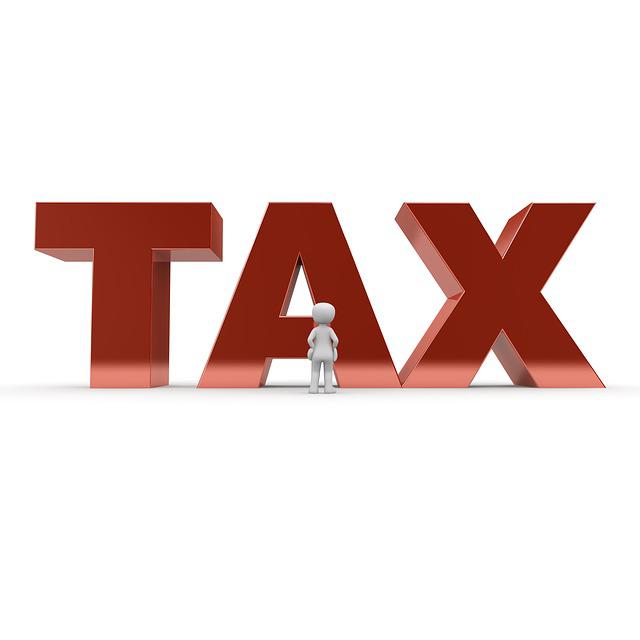
What is an Income Tax Return?
An income tax return (ITR) is used to submit data about your earnings and taxes to the income tax division. A taxpayer’s tax burden is determined by bringing in their income. If the return reveals that too much tax was paid in a given year, the taxpayer will be eligible for an income tax refund from the Income Tax Department.
The government created India’s income tax laws. All individuals, Hindu Undivided Families (HUFs), businesses, LLPs, associations of people, groups of people, municipal governments, and other artificial juridical persons are subject to taxation on their taxable income. These laws specify that a person’s residency determines his tax burden. Every person who meets the requirements to be an Indian resident must pay tax on their worldwide income. Taxpayers must stick to a set of rules each financial year when submitting their income tax returns (ITRs).
Income Tax Return verification rules change:
For FY 2021–2022, more than 5.8 crore ITRs were submitted up until July 31. The ITR reporting deadline for AY 2022–23 (FY 2021–22) was July 31. Taxpayers would face penalties today for failing to submit their returns by the closing date. If an ITR is filed after the closing date but before December 31, 2022, there is a fine of up to Rs 5000.
The closing date for filing an ITR for the tax year 2022–23 for full-time workers and Hindu Undivided Families (HUFs) whose accounts do not require auditing was July 31, 2022. Individuals who failed to file an income tax return by July 31 may now do so until December 31, 2022.
The Income Tax Department claims that up to July 30th, more than 5 crore Income Tax Returns were filed. It was expected that the overall number of Income Tax Returns filed would increase on the due date. The Government rejected any request to extend the closing date for filing Income Tax Returns. It was obvious that the government wouldn’t extend the closing date because so many Income Tax Returns had already been submitted. Some professionals and taxpayers, however, were still holding out for a last-minute surprise.
NEW DELHI:
From August 1, the Earnings Tax division has reduced the time for e-verification or hard copy submission of the ITR-V, post-filing taxpayer returns, from 120 to 30 days.
On July 29, the division sent out a notification confirming the modification to the schedule.
The final step in the return submission process is ITR e-verification; if it is not completed within the allotted time, an ITR is regarded as invalid.
The notification stated, “It has been decided that the time limit for e-verification or submission of ITR-V shall now be 30 days from the date of transmitting/importing the information of return digitally concerning any digital transmission of return information on or after the date of this notification comes into effect.”
It noted that the decision became applicable on August 1.
Before now, after submitting an Income Tax Return (ITR), you had 120 days from the date of import to E-verify the ITR or send the ITR-V through the mail.
The notification made it clear that the return would be regarded as being late or past due if the ITR’s e-verification or hard copy ITR-V were delivered via posting after the allotted 30-day limit.
To send the ITR-V in hard copy, use the same address and use “velocity post only” to send it to the Centralized Processing Centre, Earnings Tax Division, Bengaluru-560500, Karnataka.
It said, “For the goal of commitment of the 30 days interval, from the day of transmitting the date of Earnings-tax return electronically, the date of dispatch of velocity put up of duly verified ITR-V will be considered.”
